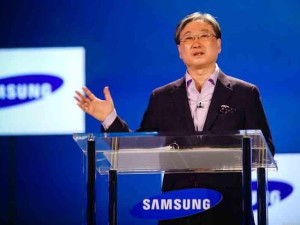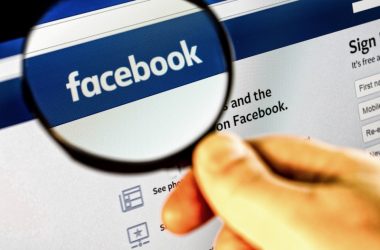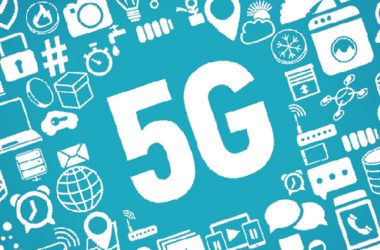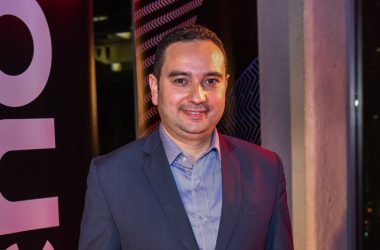 The much-anticipated Consumer Electronics Show 2015 kicked off the year in Las Vegas, and delivering the event’s keynote was Samsung CEO Boo Keun Yoon.
The much-anticipated Consumer Electronics Show 2015 kicked off the year in Las Vegas, and delivering the event’s keynote was Samsung CEO Boo Keun Yoon.
He homed in on the Internet of Things, and warned that the concept would fail unless device makers collaborate more openly on the interoperability of their systems.
He also pledged to make sure that all of Samsung’s devices would be interoperable with technology from other vendors within the next five years.
“I’ve heard people say they want to create a single operating system for IoT, but these people only work with their own devices,” Yoon said. “We can deliver the benefits of IoT only if all sensors can talk to each other.
“I’m making a promise that our IoT devices and products will be open. We will ensure that others can easily connect to our devices.” He subsequently pledged to invest $100 million in ensuring this would happen.
Samsung sold 665 million devices in 2014, many of which already have Internet connectivity. Yoon promised that by 2017, 90 percent of those devices will plug into the IoT ecosystem, with the number rising to 100 percent by 2020.
He’s absolutely right to draw attention to the issue of openness, with Gartner naming the IoT as the most overhyped technology of 2014, largely due to this reason.
Hardware firms worldwide are working on appliances that can be tapped into via tablets and smartphones, and investigating ways to control older devices with smart switches.
Unless the different systems of IoT vendors can rectify their lack of collaboration, the trend will be a false promise, redundant even, with gadgets spread across silos.
That being said, there are examples of cities that have invested in technology to become smarter, and seen results.
Chicago and Barcelona are two notable examples of cities that have taken steps to becoming Smart, while Dubai’s pledge to become a Smart City by 2020 is the greatest show of ambition in the Middle East.
The issue of security is also one that cannot be ignored. Yoon did draw attention to this, with the number of endpoints vastly multiplying, meaning the risk of data breach will increase as well.
Although fridges and lightbulbs themselves are unlikely to be attacked, they could serve as an in-road to smartphones and tablets.
Although the trend is nothing new, as it begins to gain wider use, vendors will surely collaborate to create an open ecosystem that benefits users.





